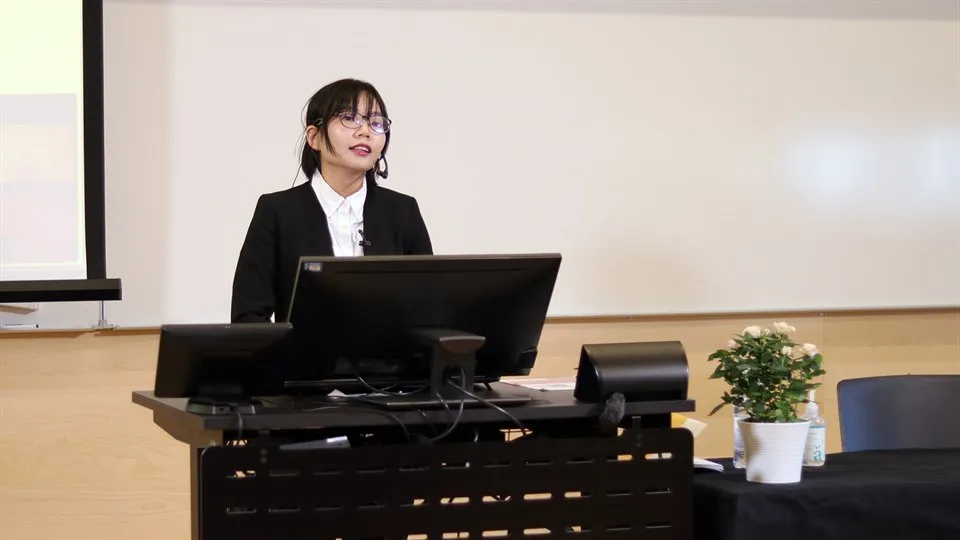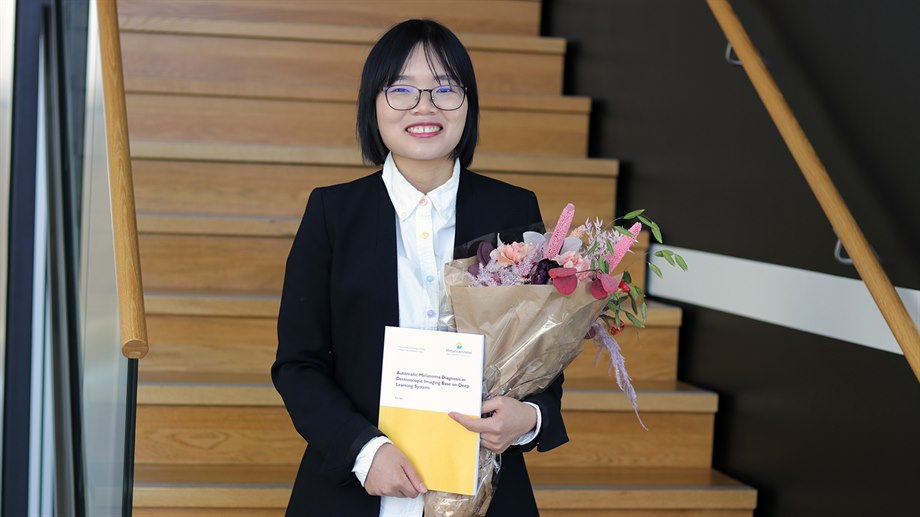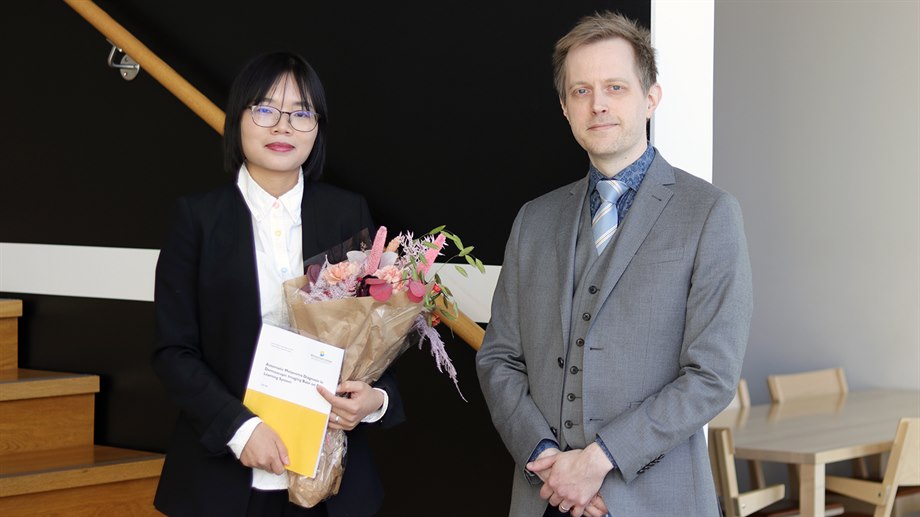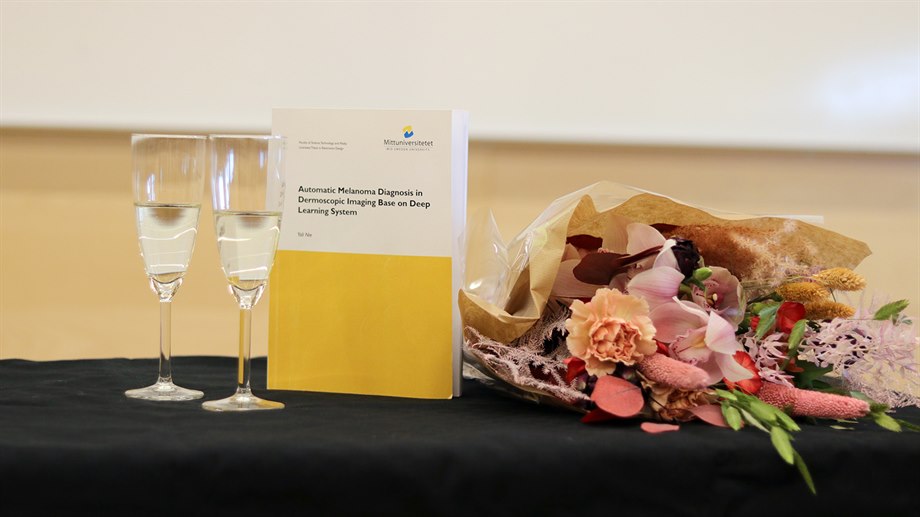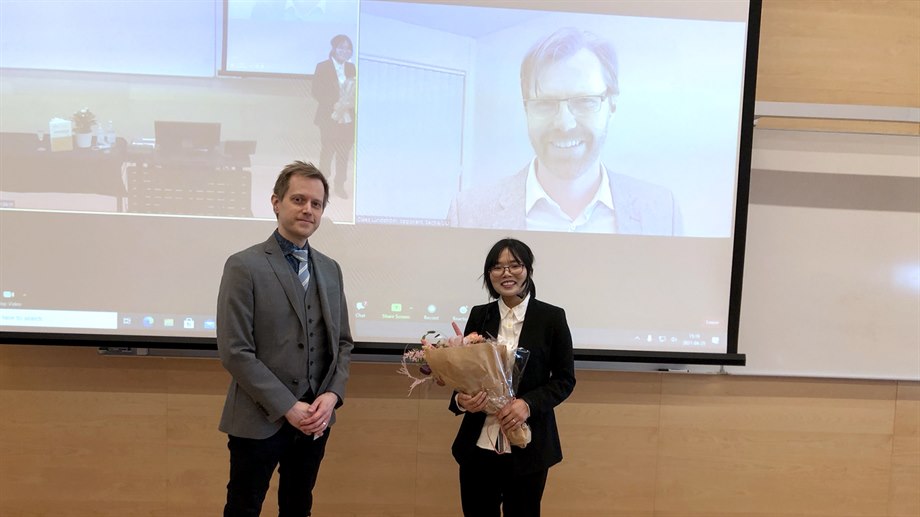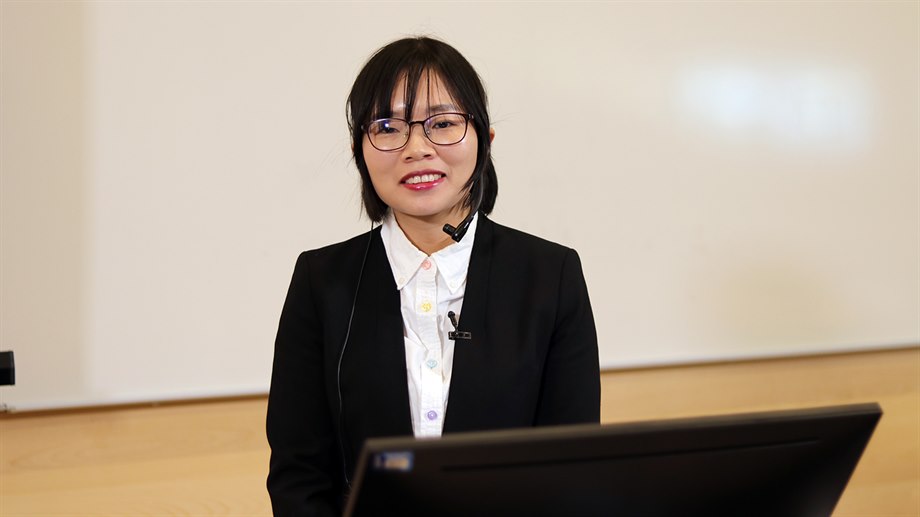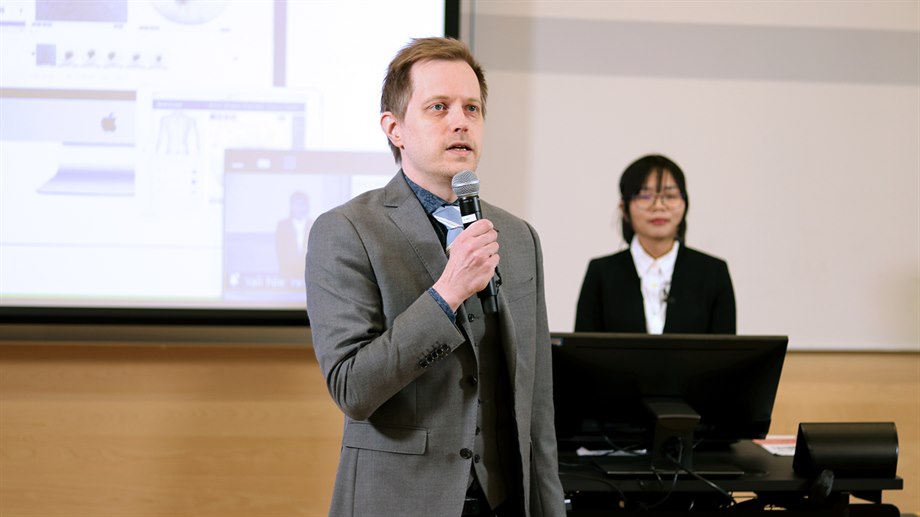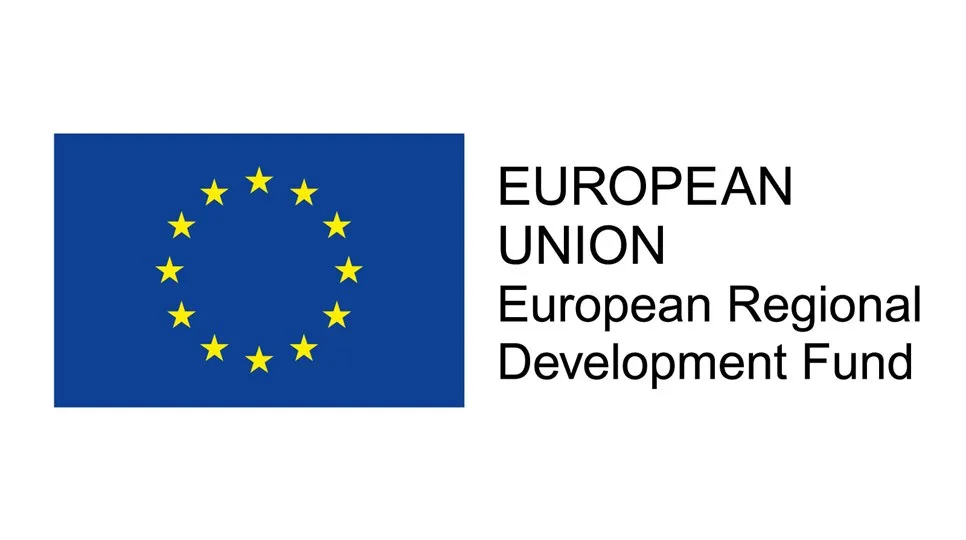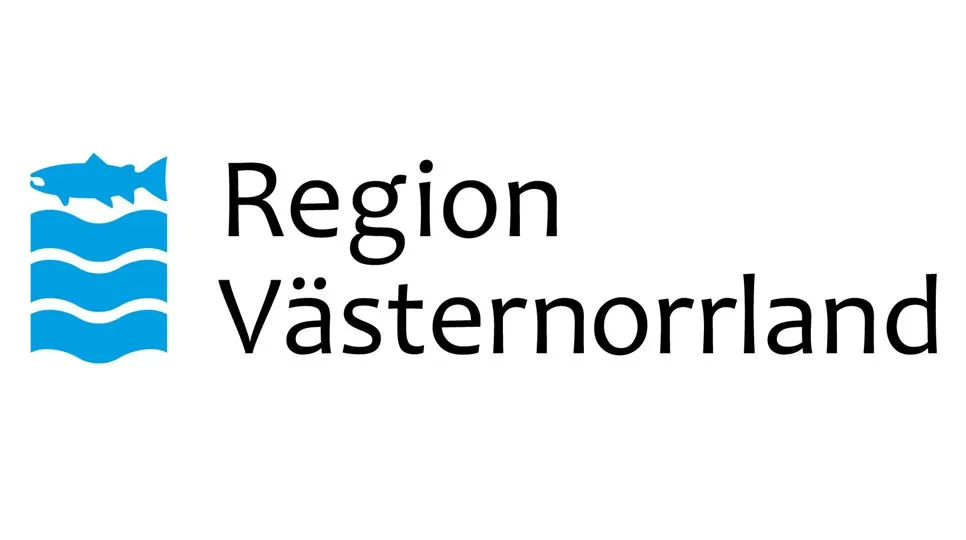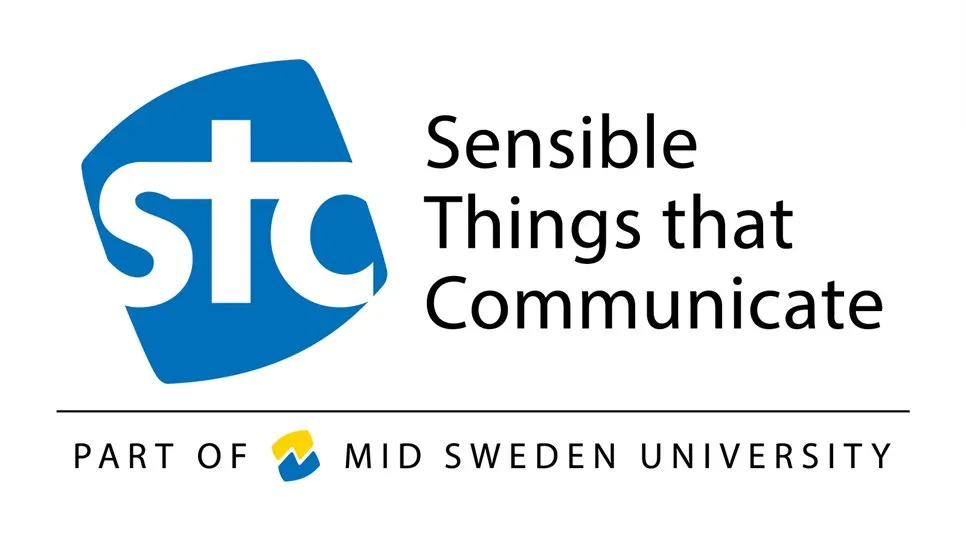av
Yali Nie successfully presented her licentiate thesis
On Friday April 23rd. PhD-student Yali Nie successfully presented her licentiate thesis on "Automatic Melanoma Diagnosis in Dermoscopic imaging based on a Deep Learning System".
Opponent on the thesis was Associate Prof. Claes Lundström from Linköping University who announced that Yali passed the examination.
Yali's thesis provides an overview of how deep learning based methods can be used in the diagnosis of melanoma in dermoscopy images. Melanoma is one of the deadliest forms of cancer. Unfortunately, its incidence rates have been increasing all over the world. One of the techniques used by dermatologists to diagnose melanomas is an imaging modality called dermoscopy. The skin lesion is inspected using a magnification device and a light source. This technique makes it possible for the dermatologist to observe subcutaneous structures that would be invisible otherwise. However, the use of dermoscopy is not straightforward, requiring years of practice. Moreover, the diagnosis is many times subjective and challenging to reproduce. Therefore, it is necessary to develop automatic methods that will help dermatologists provide more reliable diagnoses.
Since this cancer is visible on the skin, it is potentially detectable at a very early stage when it is curable. Recent developments have converged to make fully automatic early melanoma detection a real possibility. First, the advent of dermoscopy has enabled a dramatic boost in the clinical diagnostic ability to the point that it can detect melanoma in the clinic at the earliest stages. This technology’s global adoption has allowed the accumulation of extensive collections of dermoscopy images. The development of advanced technologies in image processing and machine learning has given us the ability to distinguish malignant melanoma from the many benign mimics that require no biopsy. These new technologies should allow earlier detection of melanoma and reduce a large number of unnecessary and costly biopsy procedures. Although some of the new systems reported for these technologies have shown promise in preliminary trials, a widespread implementation must await further technical progress in accuracy and reproducibility.
You can watch Yali's presentation on our Youtube-channel on the link below. We congratulate Yali and look forward to her continued very important work in the field.
